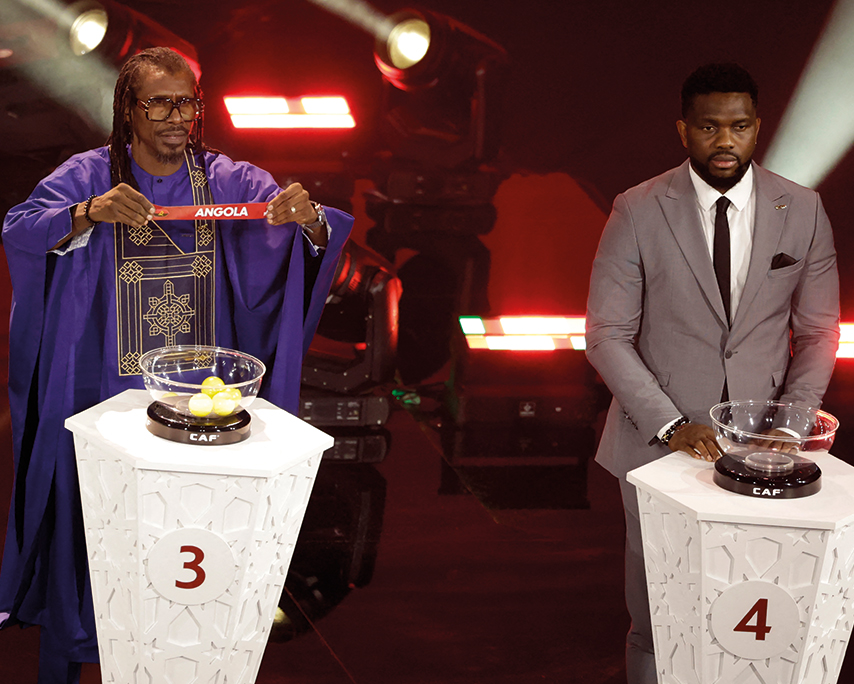Sports as Africa’s bridge to Pan-Africanism
Sports are more than just games. In Africa, a continent of vast cultural diversity, sports have, on various occasions, served as a bridge, breaking down walls and bringing people together. With the power to transcend language, ethnicity, and nationality, sports have unwittingly offered Africa a universal platform for fostering collaboration and progress. However, the continent has failed to leverage these advantages it provides due to political, social and economic differences. As the world Commemorates the International Day of Sport for Development and Peace, we explore why we can ignite deeper cooperation, create meaningful dialogue, and propel development across the continent by strengthening existing sports initiatives.
Think of sports as the ultimate equaliser. Take football, for example, a game that speaks a universal language. No matter where you are from in Africa, football brings people together. Whether it is cheering for your team during the Africa Cup of Nations (AFCON) or celebrating a medal win at the Olympics, sports create moments of collective pride and shared identity. These events spark a sense of unity where ethnic, language, or nationality divisions disappear. Sports provide an opportunity for communities to interact, learn from each other, and build stronger connections, enriching the social fabric of the continent.
But it is not just about the camaraderie. Sports are a massive economic engine. Across Africa, the sports industry creates jobs for athletes, coaches, event organisers, or the countless other roles supporting tournaments. Countries investing in sports infrastructure, building stadiums, developing training programmes, and growing sports leagues are also laying the foundation for local businesses to thrive. Just look at how major events attract international sponsors and tourists, boosting local economies. African nations can harness the power of sports to create jobs, stimulate tourism, and spark investment that leads to long-term economic growth.
Sports can also be a powerful diplomatic tool. In a continent as politically complex as Africa, sports provide a neutral space where countries can set aside their differences. South Africa’s iconic 1995 Rugby World Cup victory was not just a sporting achievement but a moment that helped heal the nation after apartheid. The international spotlight on the event gave the world a glimpse into the power of sports as a peace-building tool. Across Africa, when nations host sporting events, the focus shifts from political tension to collaboration. Therefore, sports can play a pivotal role in promoting peace, healing divides, and strengthening diplomatic relationships.
Africa’s rich cultural diversity is a treasure that deserves recognition, and sports are an ideal platform to celebrate this heritage. From Senegal’s traditional wrestling to Kenya’s dominance in long-distance running, traditional African sports reflect the continent’s deep-rooted pride and history. By integrating these indigenous sports into mainstream competitions, we preserve traditions and showcase them to the world. Sports create a unique space where cultural expressions are respected, celebrated, and shared, fostering understanding and appreciation of Africa’s vast array of customs.
It is time for African leaders, whether in government, business, or sports organisations, to take action. The potential of sports to unite, empower, and drive progress is evident. But it will not happen by chance. It requires intentional, strategic investment in sports infrastructure, leadership, and policy. Leaders must recognise that sports are more than a pastime; they are a vehicle for change. They are an investment in the future of Africa. It is time to harness the power of sports and transform Africa. It is time to move from conversation to action and make sports the driving force for a united, prosperous Africa.



